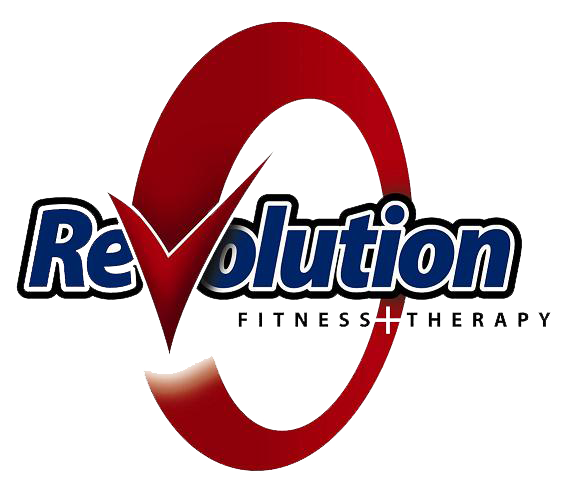I recently read a remark by a woman online where she stated (I’m paraphrasing): Oh look, a man who thinks he knows more about a woman’s body than she does!
And I’ll follow that up with a comment from one of my clients last week (also paraphrased): You know, it would be nice if women learned more about our bodies growing up. I get my advice from my middle-aged male personal trainer!
Last year, I got certified as a Menopause Coaching Specialist through Girls Gone Strong.
Shortly afterwards, I got their certification as a Women’s Coaching Specialist.
Why?
Because since we opened in 2009, the majority of my clients have been female.
And the majority of that majority have been women in the menopause transition.
I wanted to equip myself with as much accurate information as I could to help not only those clients but also I’ll be there side by side with my wife when she goes through the transition herself.
What I find, as a male who will never personally experience menopause is that this particular demographic is unfairly and deceptively marketed to.
They are often treated as if they are broken, as if their “meno-belly” can be whittled away and sometimes that their symptoms are just in their head.
All of which is basically untrue.
What we do know is that hormones decline during this transition and not in a linear fashion. This decline can create a host of changes in the body due to mostly protective effects of estrogens.
Line ten women in the menopause transition up next to each other and you will get ten completely different outlooks and experiences on what that journey will be like.
Which means, there is no blueprint for how best to navigate the path.
The things that tend to be of best advantage to women in the transition also have a sneaky similarity to what you hear across the board anyway:
-Stay hydrated
-Eat a mostly nutritious diet
-Have a movement practice
-Prioritize a good sleep routine (with the understanding that hot flushes and night sweats can affect sleep patterns)
-Lift weights
-Have a strong support system (friends/family/therapist)
-Document any changes in your body, mental health, and how you’re affected by the food you eat and what you drink
-Stay up on routine, annual bloodwork
I try to stay current on the subject of menopause because A) I will never experience it in my body B) I genuinely want to help the women in my life (personal/professional) who struggle through it.
I have a small handful of professionals I trust when it comes to the topic. This list is not comprehensive but these are the voices I continue to come back to:
I know there are other voices out there in the field, some of whom might actually have larger followings but there are certain people who put far too much emphasis on the usage of unregulated supplements or who do not provide evidence-based nutrition information and I just can’t put my support behind them.
I believe, as a male coach helping women in menopause, being able to listen and provide nuanced feedback helps.
I don’t have all the answers but I do have an insatiable curiosity to learn and share.
And I’ll go to bat for the other male voices in the industry in the same position who aren’t looking to use predatory tactics to sell their shitty services or products to a vulnerable community.
(Photo courtesy of Kateryna Hliznitsova)

